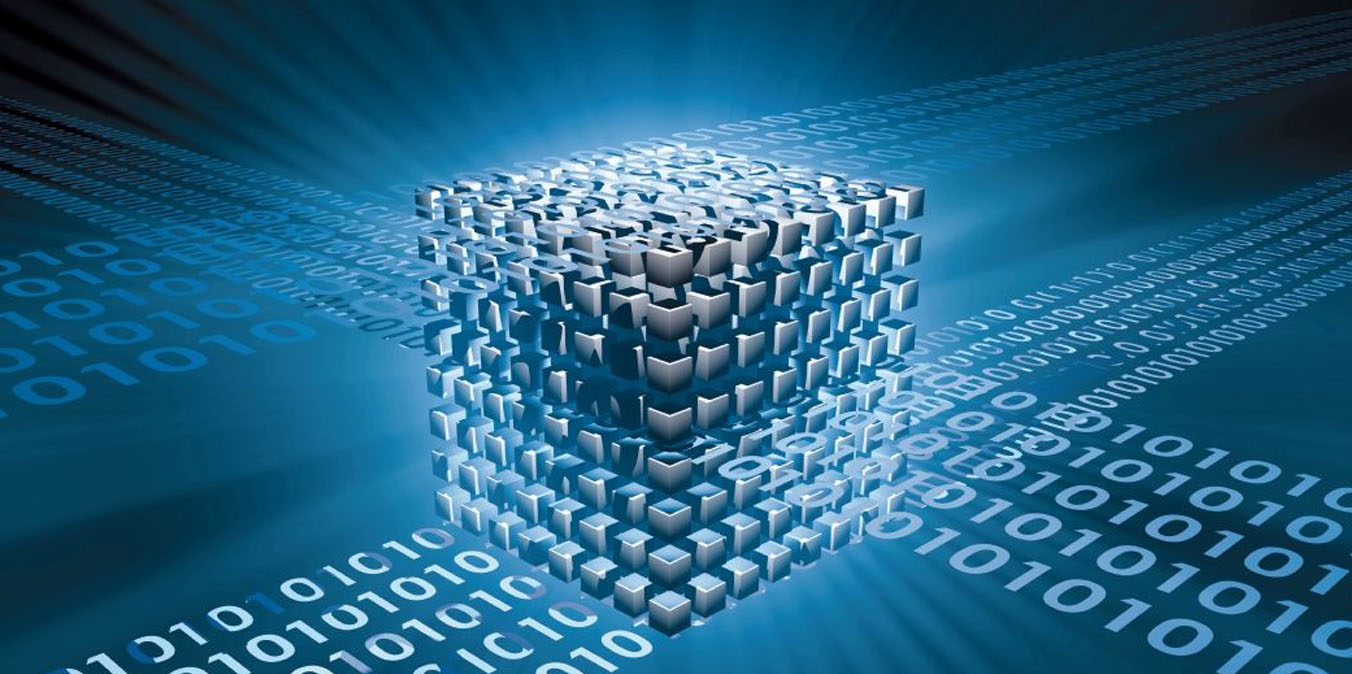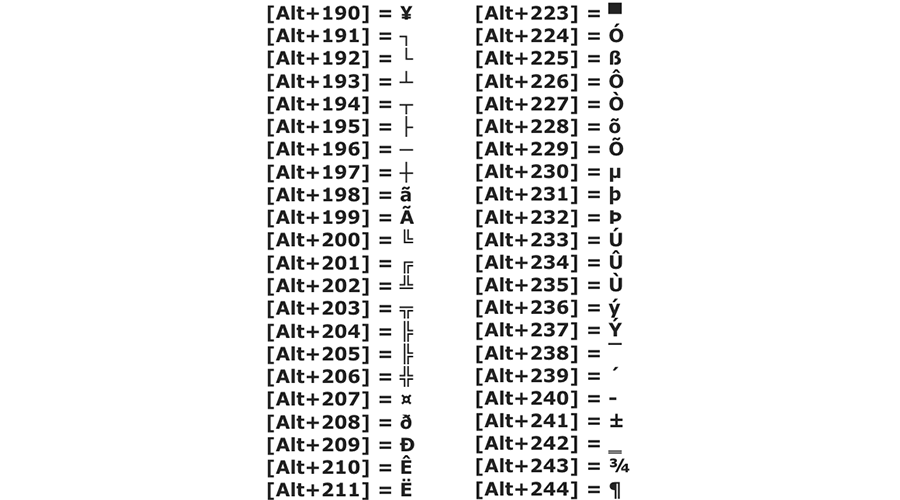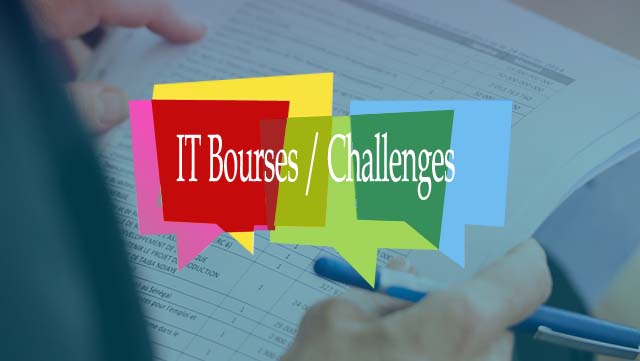Blockchain is a technology that allows the traceability of data transmission and storage actions
African countries are gradually becoming aware of the vulnerability of their data in cyberspace. Cybercrime, outsourced data storage abroad, embryonic digital industry: Africa is a digital colony. Blockchain technology could help address these sovereign challenges. What are its characteristics?
Awareness of African vulnerabilities in cyberspace is gradually growing. Among them, the issue of control and protection of sovereign data is the most salient aspect. This is why the nations of the continent are increasingly pooling their thoughts, as in Lomé in March 2022 or in Abidjan on May 9 and 10 during the Cyber Africa Forum.
Africa currently has only 1.3% of global storage capacity. Thus, the continent outsources most of its data to foreign servers (Ireland, Netherlands, etc.). This situation poses real risks to the confidentiality, integrity and availability of their data.
Security standards and access regulations depend above all on the hosting countries. Not to mention the risks of delivering data to American companies - even on an African server - governed by the Cloud Act. These companies control nearly 70% of the storage market.
What does the Blockchain have to do with all this ?
Blockchain is a technology that allows to store and transmit data in a secure way. It is completely encrypted and its decentralized and distributed operation prevents state authorities from accessing the data it contains (or with great difficulty).
Moreover, the immutability of the blockchain and the traceability of the operations that take place on it make any form of falsification difficult. Technically, the data is public, but it can be restricted in a "private blockchain" or a "peer-to-peer" system.
"These elements are very valuable in cybersecurity because they offer strong protection against most cyber threats: malware (ransomware), data confidentiality and transmission, denial of service, etc.," says Goudet Abalé, a specialist in crypto-assets and head of communications at the Cyber Africa Forum.
It is in the field of storage that the Blockchain has its most important assets. In general, data clouds are managed by single players in data centers. Unencrypted, they are dependent on local regulations, not to mention the risks of availability (outage, accidental or voluntary destruction, etc.).
However, the encrypted, distributed and decentralized system of the Blockchain makes it possible to circumvent these aspects. It allows data to be segmented, traceable, on several redundant servers. Thus, each data center has only a part of the information, making it unusable or modifiable.
Blockchain technology could accompany the gradual increase in the continent's storage capacity by guaranteeing the security of African data, even abroad. But it could also, and this is a major issue, equip future African infrastructures (...).
The future of cybersecurity
The issue of data repatriation is beginning to take hold on a pan-African scale. The construction of data centers seems, in this respect, to be a profitable strategy. But it should not be based on technologies or designs that will be obsolete in a few years.
Blockchain - a rapidly emerging disruptive technology - is already well known in Africa, such as in Kenya, a pioneer country, mainly in the field of cryptocurrencies. As the CEO of the CCDOC, based in Abidjan and Dakar, points out: "We all notice the creation of fintechs galore and the rush to cryptocurrency by this new generation Z. Technologies like blockchain are within reach for our young compatriots. We owe it to ourselves to take up the challenge of being the first continent in sectors like Blockchain."
Mastering the Blockchain requires, above all, mastering the many technical skills associated with it (computer science, mathematics, cryptography, etc.). This is a training effort that must be sustained over time. This is an imperative if Africa wishes to definitively emerge from its dependence on foreign countries.
The stakes are high, because in the context of the 4th industrial revolution, digital sovereignty may mean real independence and prosperity for Africa. As Pape Gora Guèye points out: "It is time and we still have the means to be ahead of all other continents".
Source : socialnetlink.org








